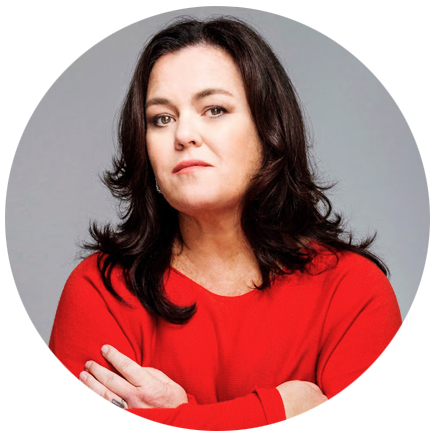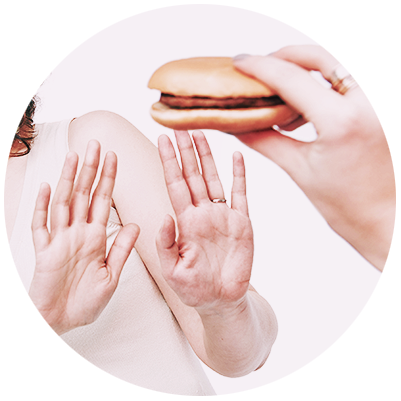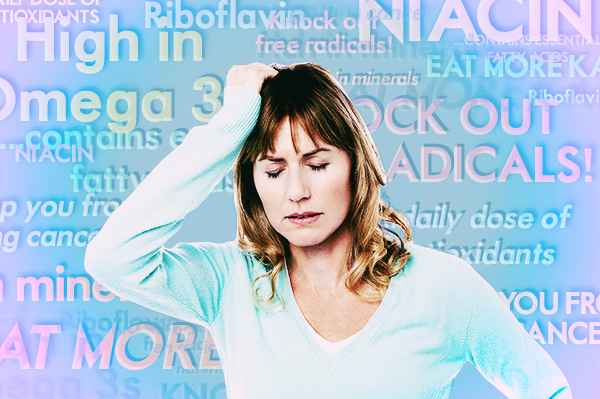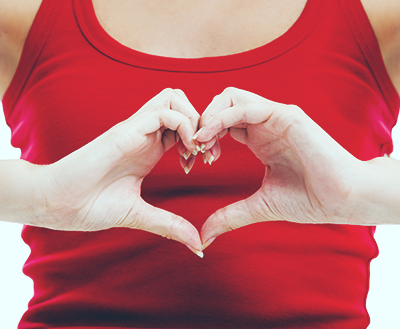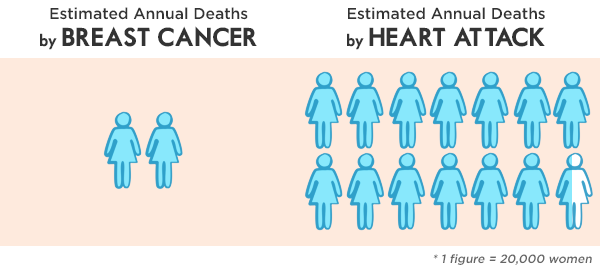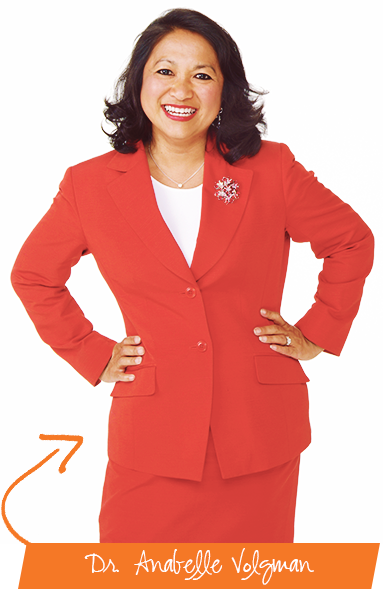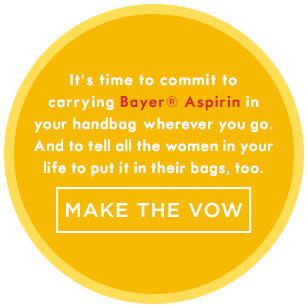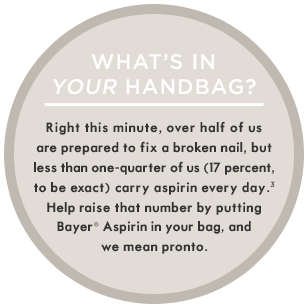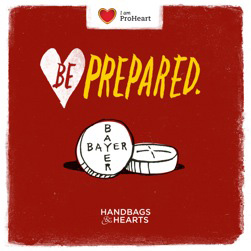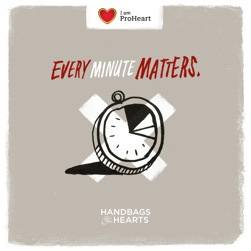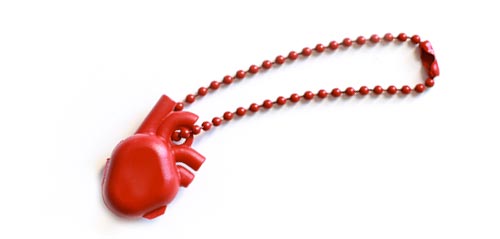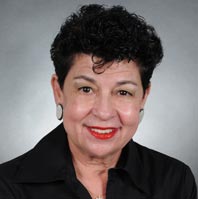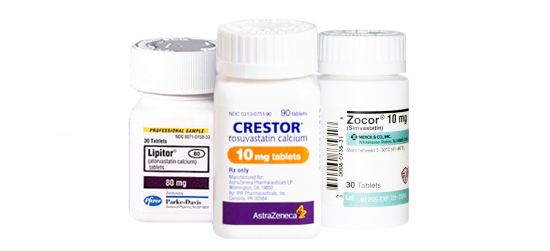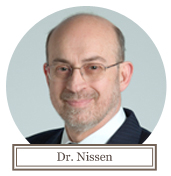FOF Linda McCoy reveals why every FOF should know the warning signs of Atrial Fibrillation
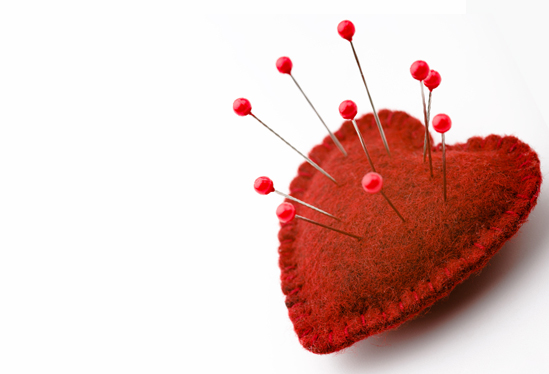
[Editor’s note: The essay below, by FOF Linda McCoy, is part of a series of personal blogs from our readers. Have your own story to tell? Email your idea to geri@faboverfifty.com.]
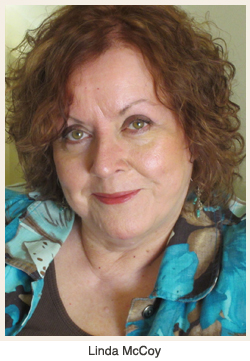 It started out as a routine visit to the doctor’s office. I was scheduled for lab work and a refill on my prescription for high blood pressure, which has been under control for years. The doctor quietly listened to my heart and asked the nurse to take a cardiogram. I wasn’t alarmed; I’d had Rheumatic Fever as a kid and been through many electrocardiograms.
It started out as a routine visit to the doctor’s office. I was scheduled for lab work and a refill on my prescription for high blood pressure, which has been under control for years. The doctor quietly listened to my heart and asked the nurse to take a cardiogram. I wasn’t alarmed; I’d had Rheumatic Fever as a kid and been through many electrocardiograms.
When the doctor came back, she looked at me seriously and told me I had Atrial Fibrillation and that I needed to see a cardiologist right away. When I asked her to explain exactly what that meant, she told me my heart was not pumping correctly, and that blood was sitting in my heart chamber, which could cause it to form a blood clot.
I learned that during Atrial Fibrillation, the the upper chambers of the heart beat very rapidly and irregularly–“quivering” instead of contracting normally. By itself, AF isn’t life threatening, but it can cause uncomfortable symptoms like palpitations, fatigue, dizziness, and nausea. It can also lead to other rhythm problems and congestive heart failure. The most serious complication is stroke: AF increases a person’s risk of having a stroke by five times the normal level.
My doctor arranged an appointment with a cardiologist for the next day. Meanwhile, I was sent home with a prescription for blood thinners and a heart drug. Of course, I had to find out what Dr. Google said, which made me more apprehensive. I spent a restless night worried about the next day’s visit.
My visit to the cardiologist confirmed my family doctor’s diagnosis. He explained that they don’t know what causes AF, but many people have it. He said I would have to remain on blood thinners and advised a procedure called cardio-version, during which an electrical shock is applied to your heart to regulate your heartbeat. A week later I got the cardioversion, but my “a-fib” came back. A month later, I got another cardio-version, but it didn’t work either.
Next, the doctor recommended ablation, a procedure where they cauterize the heart cells that are miss-firing. The decision to have it done wasn’t an easy one. Ablation is a long procedure, carries some risk, and there are no guarantees it will work. Sometimes it has to be done more than once. It took me a year to muster up the courage to go forward with it.

I arrived at the hospital pretty calm. I trusted my doctor, and, after all, I was going to be under anesthesia. They sent a young male orderly in to shave my groin area, since this is where the catheters are inserted into your legs. I sent him packing! ‘Can’t I please have a female nurse do that?’ When the nurse arrived with a razor in hand she told me what a wonderful young man the orderly was and that he had been there for years, surely trying to make me feel guilty. She did the deed with efficiency. Having the catheter put in wasn’t nearly as bad as I imagined it would be. Thank God!
Before they wheeled me into the operating room, my husband and daughter came in to say goodbye. There I was, in tears (is this normal?), “bye then, see you later.” Next I found myself in a room that looked like the bridge of the “Starship Enterprise”–more computers than anyone could imagine. I was put completely out. I woke up seven hours later; I don’t remember being taken back to my room. I was advised to lay flat for six hours and that the catheters (three in each leg) would come out when my blood reached a certain level. They allowed me to eat raspberry sorbet. I told my husband and daughter it was the best thing I ever ate. What was I thinking? The blood level they were after was not obtained until seven the next morning.
They asked if I wanted a pain killer before they took the catheters in my veins and arteries out. The nurse said they sometimes make people sick, so I declined. This REALLY hurt, and I regretted saying no. (Note to self: When the hospital staff offers a pain killer, take the drug and say “thank you!”) As soon as I was disconnected from the Foley catheter and intravenous fluids I was allowed to go home under strict instructions. The numbness and soreness in my legs bothered me.
My recovery is still in process, my left leg is still quite numb, which I am told will fade. My bruises, a dark bluish purple, will eventually disappear. The most difficult part of the recovery is fatigue, which lasts about three months, until my heart heals completely. On the upside, my heart is now in normal rhythm and hopefully it will stay that way. My sleep is undisturbed, my family wonders why I am so calm (is this the new me?), and importantly, I should be able to go off blood thinners in the near future.
Many people walk around with undiagnosed atrial fibrillation. Some of the symptoms I missed? I was nervous, tired, agitated, my face was flushed, I had sleepless nights, and loud noises made me jump out of my skin. I am 64 and past menopause, so I should not have ignored these symptoms. I could feel my heart jumping around, although like many people I didn’t want to think it might be something serious, and I attributed it to my penchant for coffee. This is an incredibly common medical issue. Millions of people have it, doctors don’t know what causes it, but one thing is for sure: if you find yourself with these symptoms, you owe it to yourself to make a visit to your doctor. It can be managed. Heads up on this one FOFs!
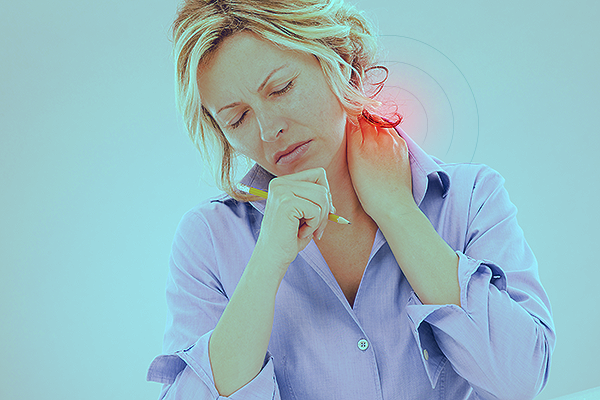


 It’s hard to keep up with trending health concerns, but one thing is certain: Women need to love their hearts a little bit more. As a matter of fact, heart-related illnesses cause more deaths than breast cancer. With a rise in
It’s hard to keep up with trending health concerns, but one thing is certain: Women need to love their hearts a little bit more. As a matter of fact, heart-related illnesses cause more deaths than breast cancer. With a rise in 